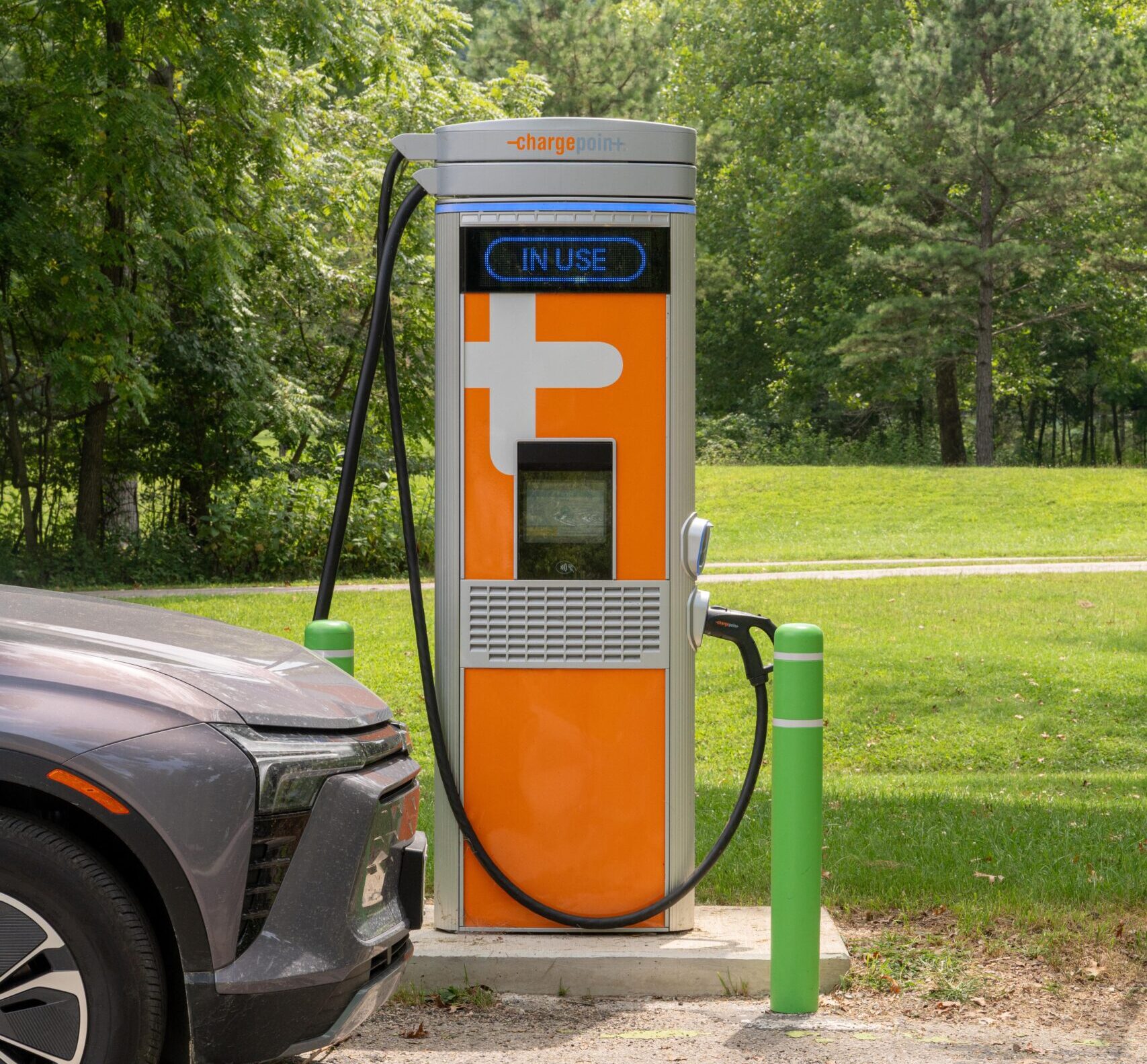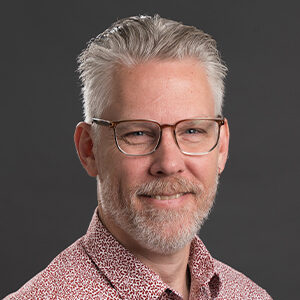Bright orange marks the spot at Montauk State Park. The park is now equipped with EV chargers for park guests.
Published by
on
Missouri’s award-winning state parks are known for their inspiring beauty, remarkable history and second-to-none amenities. Now, two Missouri state parks are notable for providing visitors with charging stations to top off their electric vehicle batteries.
In an interesting convergence of technical expertise, the Missouri Department of Natural Resources enlisted multiple divisions — Missouri State Parks, Division of Environmental Quality and Division of Energy — to execute this project. But before we get into the details, we should look back at the chain of events that sparked the inspiration.
Lemons to lemonade
In 2016, the U.S. settled complaints against automaker Volkswagen AG, et al. The settlement resolved claims that Volkswagen violated the Clean Air Act by selling approximately 590,000 vehicles with diesel engines that were outfitted with emissions defeat devices. The vehicles had engine control modules with algorithms and calibrations that caused emissions control systems to perform differently during emissions testing to guarantee passing scores. During normal operation, the vehicles emitted levels of nitrogen oxides (NOx) that significantly exceeded EPA standards.
The resulting settlement required Volkswagen to take certain actions, such as paying $2.9 billion to a national environmental mitigation trust fund. Beneficiaries — in this case, states — are required to use their shares to fund specific projects that reduce NOx emissions from mobile sources.
DID YOU KNOW?
Under the Volkswagen Trust, Missouri is funding the purchase of upgraded buses, medium- and heavy-duty trucks, marine vessels and locomotives. It is also funding the purchase of nonroad engines used in construction, cargo handling, agriculture, mining and energy production. The end goal is to reduce heavy-duty diesel emissions in Missouri by repowering older units or purchasing newer units with electric power or lower-emission diesel power.
A multi-pronged approach
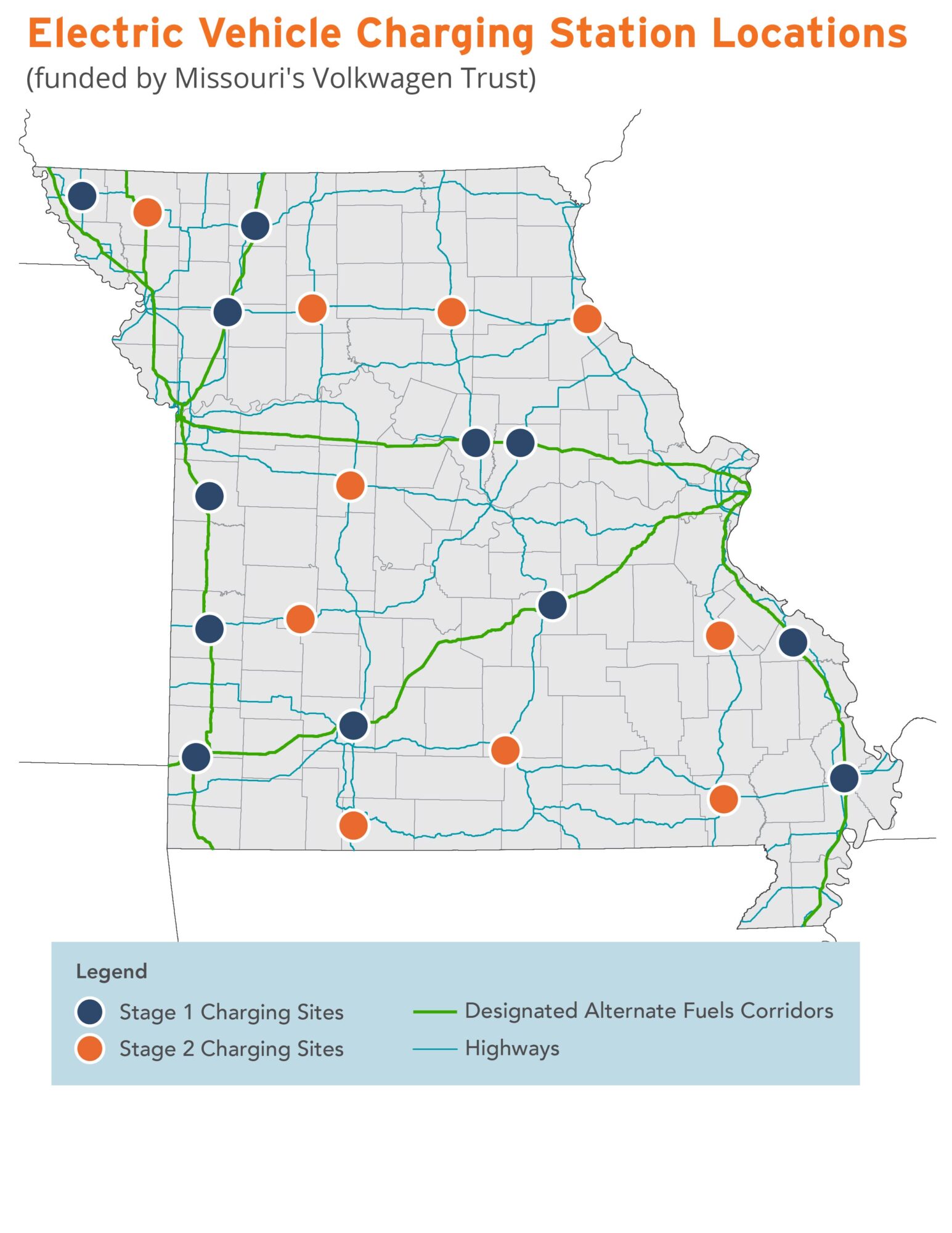
As the lead agency for Missouri’s Volkswagen Trust fund, MoDNR developed a 10-year Beneficiary Mitigation Plan for awarding more than $41 million to Missouri-specific projects by October 2027. Missouri has already paid out or obligated most of those funds.
The department’s Volkswagen Trust implementation strategy includes the installation of 22 direct current, fast-charging stations across Missouri. The primary goal of this strategy is to make sure electric vehicle owners can travel along major highways with access to an adequate number of charging locations.
Power to the people
The success of the EV charger project under the Volkswagen Trust inspired a new pilot program to install DC fast-charging stations at state parks and state office buildings throughout Missouri. The pilot was jump-started by a $1 million appropriation from the Missouri legislature within the 2022 budget.
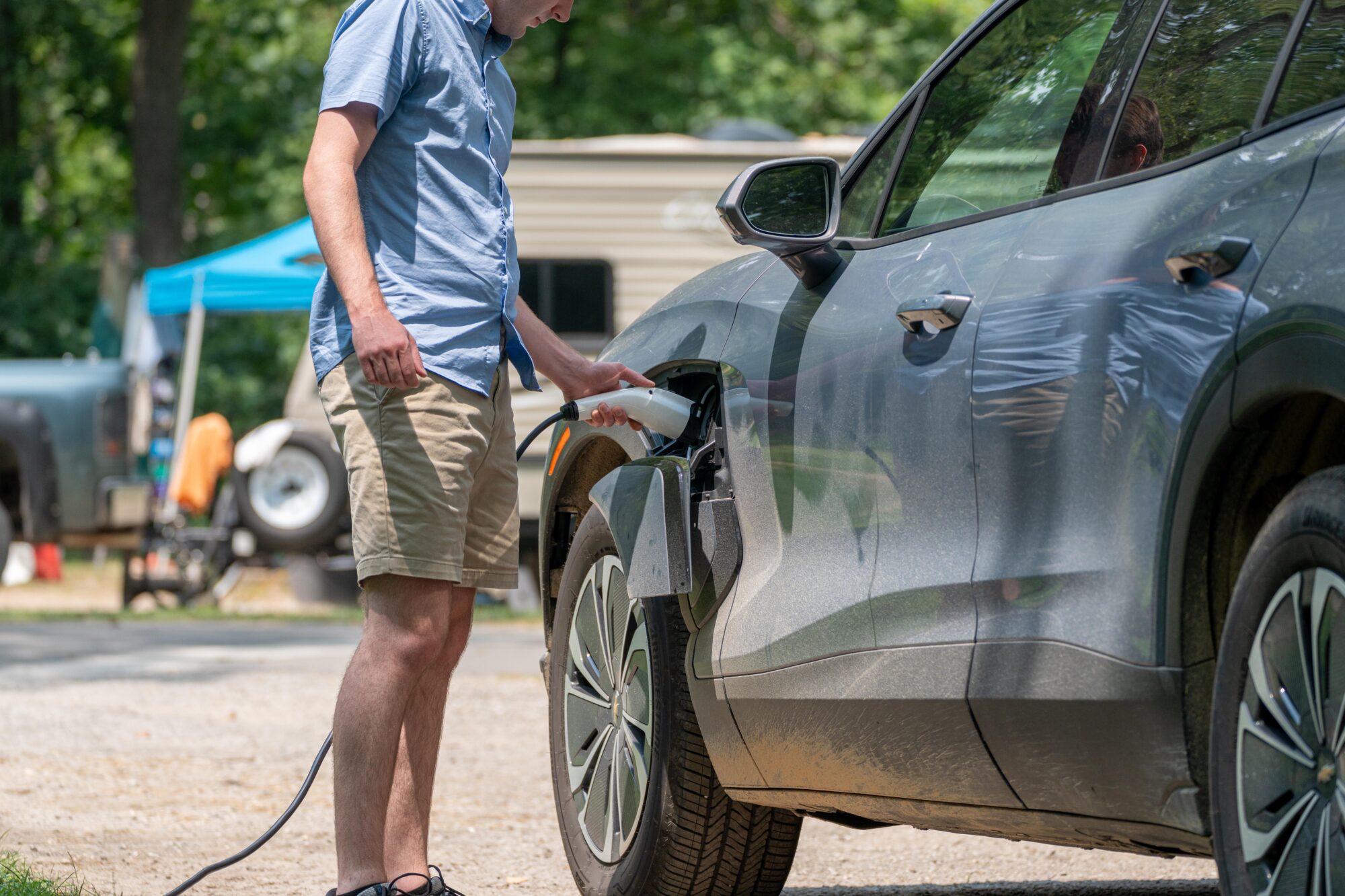
A subsequent study determined that the initial AC and DC fast-charging stations should be located at Montauk State Park in Dent County and at Roaring River State Park in Barry County. Rather than randomly assigning these park locations, they were chosen based on numerous technical and societal factors, such as:
- Access to the necessary electrical infrastructure
- Remote location (these sites are a two- to three-hour drive from larger population centers)
- Lack of existing fast-charging stations operating in the area or imminently planned at these locations
- High visitor counts at these parks
Within a year of selecting a project consultant, the design work, bid process and charger installation were complete. The chargers were brought online in May 2024 and Missouri joined the growing list of states that have EV chargers available at one or more of their state parks.
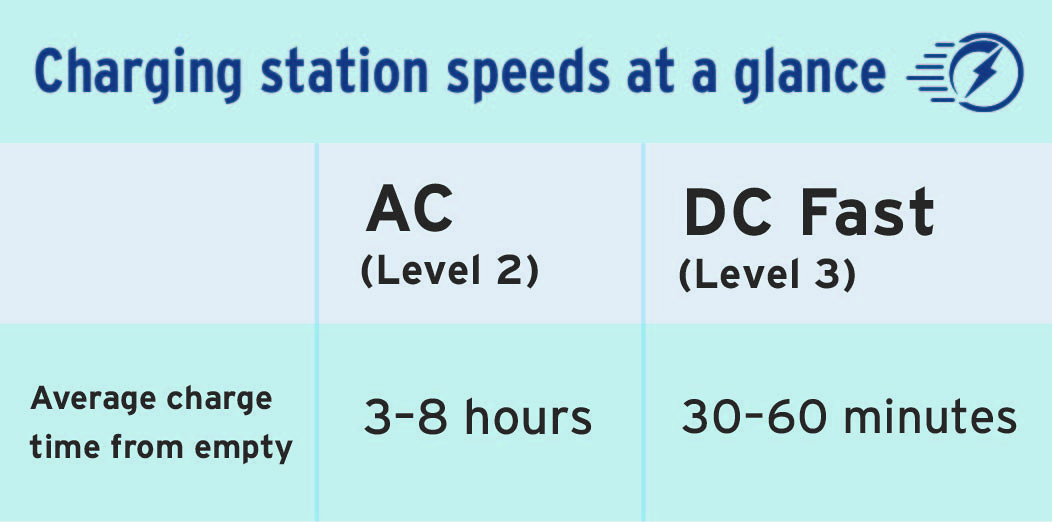
This project’s successful launch was made possible through the work of numerous dedicated team members from throughout the department. Much of the department’s foundational knowledge about EV charging networks was accumulated by the Division of Environmental Quality while administering Missouri’s Volkswagen Trust funding. The Division of Energy provided technical expertise in identifying the appropriate hardware and charging infrastructure, including access to three-phase power supplies. Missouri State Parks, in conjunction with the Missouri Office of Administration and an outside design consultant, handled the project’s scope description, design, bidding, construction and commissioning.
With two Level 2 and two Level 3 stations per site, each park can charge four EVs simultaneously. The chargers are available for visitors to use during normal park hours, though overnight guests can use the chargers anytime during their stay. The department anticipates expanding this pilot if the stations are popular with visitors and as additional funding becomes available.
Unquestionably, the adoption of EV technology is on the rise, creating more demand for the associated infrastructure. As a result, easy access to quick, reliable EV chargers increases the likelihood that consumers will consider purchasing an electric vehicle as their primary mode of transportation.
DID YOU KNOW?
One of the primary infrastructure requirements for installing EV fast chargers is access to three-phase power, which is used to power large machinery. When looking at suitable state parks to host EV chargers, many were ruled out because they only had access to less robust single-phase power, which is common in household applications.
Communities large and small benefit by providing the services and amenities that allow people to enjoy a brief visit or put down roots. As we see more EV chargers coming online across the state, Missourians can be assured that their towns and cities will continue to enjoy the economic benefits that comes their way via electric vehicles.
For more information, visit MoDNR’s Volkswagen Trust webpage.

